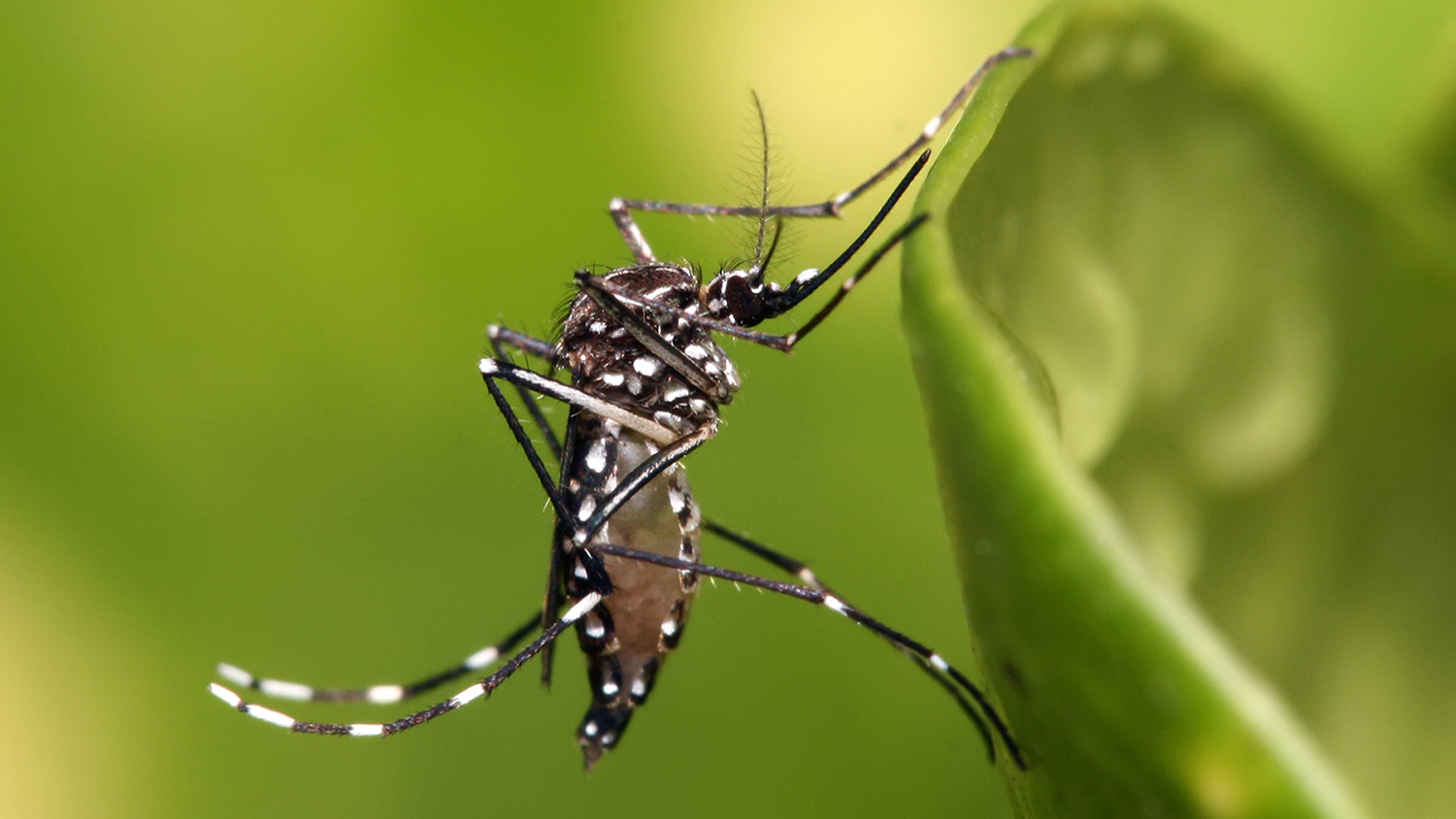Biting Back

At NC State, we seek innovative solutions to emerging problems. In 2016, that means pursuing interdisciplinary research to better understand and combat the spread of the Zika virus.
Zika isn’t a new disease, but the mosquito-borne virus has been making headlines since February, when the World Health Organization highlighted its connection to birth defects in newborn children. With that announcement, Zika became a Public Health Emergency of International Concern.
The virus is spread by Aedes aegypti, a tough and adaptable species of mosquito found throughout the tropical and subtropical Americas. The good news is that only one-fifth of those who contract the disease exhibit its mild symptoms: headache, fever, skin rash, and muscle and joint pains.
The bad news is that the virus can transfer from a mother to her fetus — and that Zika in infants is linked to neurological diseases including microcephaly, a defect in which babies are born with smaller-than-normal heads.
NC State researchers are fighting the disease on multiple fronts. They’re designing innovative, mosquito-proof fabrics; developing mathematical models that describe and predict the spread of infections; genetically engineering mosquitos to suppress their transmission of disease; and drawing attention to missed opportunities for better biotechnology regulation. And they’re working on a one-shot vaccine that could grant lifetime immunity against the virus.
In the following stories, you’ll learn how colleges across NC State are tackling the Zika epidemic.
- Categories:


